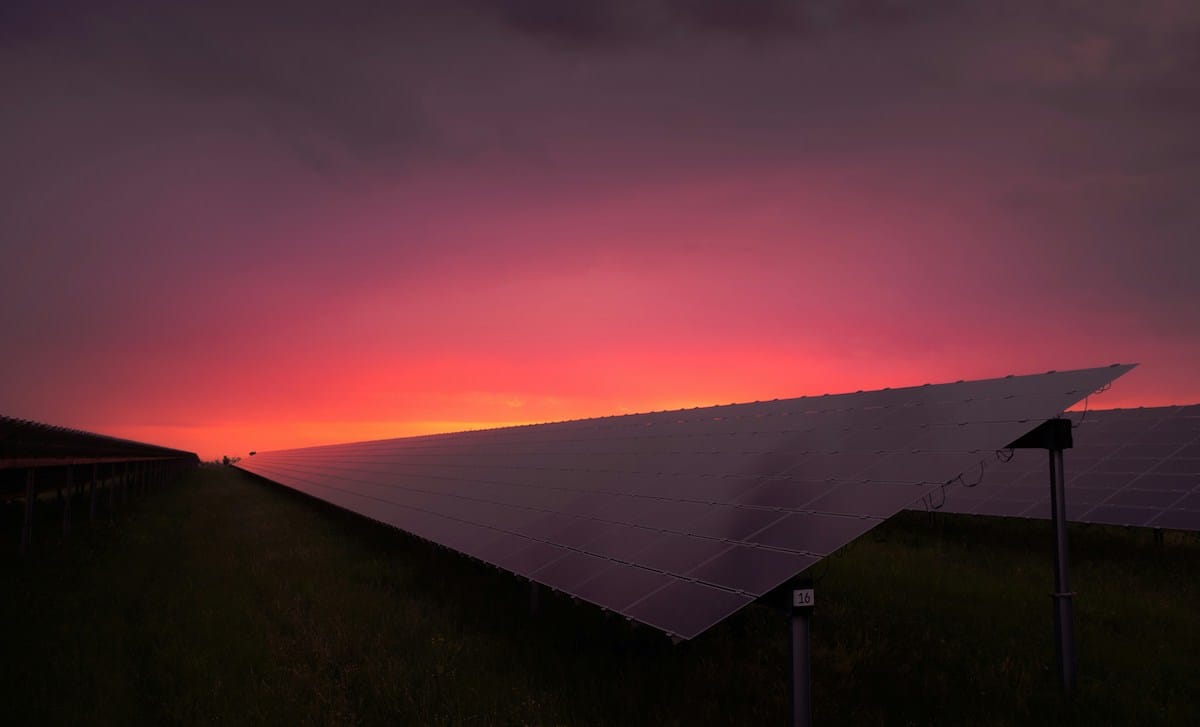
Save 5 to 20% on corporate taxes while supporting clean energy!
Zirkel Exchange helps companies reduce their taxes by supporting clean energy projects. The Inflation Reduction Act allows companies to purchase transferable tax credits from clean energy projects to offset federal taxes. We are your partner in sourcing the right tax credits to meet your needs.
Learn MoreHow it Works

Needs Assessment
Zirkel Exchange will work with your team to explain how the market works. We will gain an understanding your tax situation while helping to refine your criteria for purchasing credits.

Research and Recommendations
Zirkel will research available credits from our clean energy partners and make recommendations that meet your criteria. Credits are typically valued between $0.80 and $0.95 on the dollar. Pricing varies depending on the project type and risks.

Due Diligence
We will assist your team and any outside legal or financial experts with the due diligence process by providing any necessary details on the project, the company, and the terms and conditions of the tax credit offering. We can provide extended due diligence services as need to complement your team.

Review, Approval, Negotiation
Throughout the review, approval, and negotiation processes, Zirkel Exchange facilitates communication between the parties to ensure the buyer’s goals are met and the deal is completed expeditiously.

Credit Purchase and Tax Offset
After the deal is completed and tax credits have been purchased, they may be applied to offset the buyer’s tax obligation.
Inflation Reduction Act Transferable Credits
There are 11 categories of tax credits that are transferable. Here are some examples of credits that are available from our partners:

Section 45Y clean electricity production credit
Technology-neutral tax credit for production of clean electricity. Replaces the production tax credit for electricity generated from renewable sources.

Section 45 renewable energy production credit (PTC)
Production of electricity from various renewable sources: Biomass, Geothermal, Hydrokinetic, Hydropower, Landfill and Waste, Marine, Small Irrigation, Solar, Wind.

Section 30C credit for alternative fuel refueling property
Alternative fuel vehicle refueling and charging property in low-income or non-urban areas. Alternative fuels include electricity, ethanol, natural gas, hydrogen, biodiesel, and others. Must be located in low-income or rural areas.

Section 45Q carbon capture credit
For carbon dioxide sequestration coupled with permitted end uses within the United States. U.S. facilities within minimum volumes: 1,000 metric tons of CO2 per year for DAC facilities; 18,750 metric tons for electricity generating facilities (with carbon capture capacity of 75% of baseline CO2 production); 12,500 metric tons for other facilities.

Section 45X advanced manufacturing production credit
Production tax credit for domestic manufacturing of components for solar and wind energy, inverters, battery components, and critical minerals.
FAQs
How much do these credits cost?
The credit cost will vary based on the inherent risks:
- High risk novel technologies that might not be insured are selling for $0.70-$0.80.
- Custom and small projects or lesser known developers are selling for $0.80-$0.87.
- Very high quality projects using proven technologies with insurance and a guarantor are selling for $0.87-$0.93.
- Premium wind and solar production tax credits with investment-grade guarantor and often with insurance are selling on the spot market for $0.94-$0.96.
What are the risks?
There are risks involved in purchasing tax credits but there are readily available ways to mitigate those risks.
- Recapture: if the project does not meet the IRS criteria for credit creation it is possible the buyer could have to repay the government for the credit value.
- Developer/Seller Business Viability: the developer may go out of business or be unable to complete the project.
- Basis and Market Value: the buyer must evaluate the offering in terms of developer's valuation of the credits based on their project financials.
These risks can be mitigated through the use of insurance and guarantees from the developer.
Does this mean I am buying renewable energy for my company?
This is a financial transaction for the tax credits. The buyer is not purchasing renewable power or clean energy unless Renewable Energy Credits are incorporated into the deal.
Does buying clean energy tax credits make my company carbon neutral?
No, purchasing clean energy tax credits does not have any direct impact on a company's carbon emissions. However, a buyer could opt to purchase renewable energy credits or carbon credits to support a carbon reduction goal.
How does purchasing clean energy tax credits help my company achieve its sustainability goals?
Although the typical transaction for tax credits is purely financial, many buyers may want to highlight these purchases while explaining how their financial support contributed to the development of new clean energy sources.
